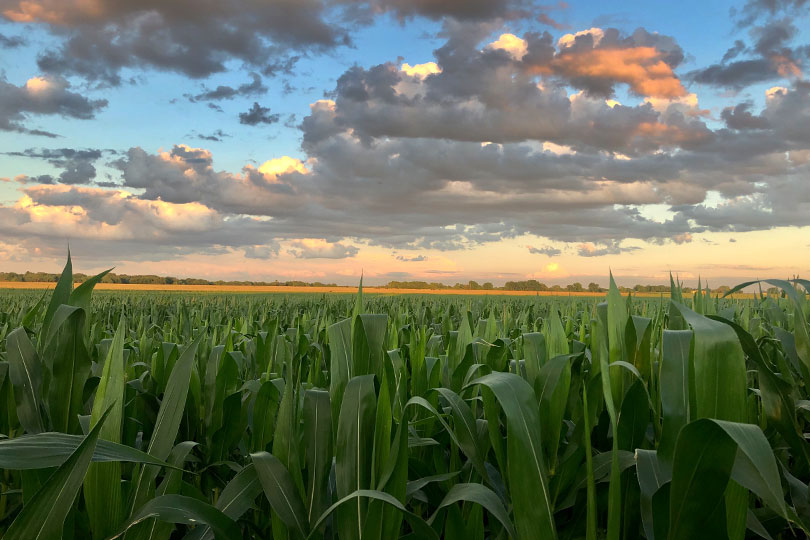By Jennifer Dorsett
Field Editor
The $19 billion U.S. Department of Agriculture (USDA) Coronavirus Food Assistance Program (CFAP) package will provide some direct support to farmers and ranchers impacted by the COVID-19 pandemic, but more assistance is necessary, and soon.
Years of declining farm income and a prolonged trade war, coupled with the COVID-19 pandemic, has negatively impacted all sectors of agriculture.
Commodity prices have tumbled in response to the pandemic, with hog futures down as much as 53 percent.
Live cattle and cotton futures fell 25 percent, while ethanol futures were down 33 percent. Farm bankruptcies also have increased since January, according to American Farm Bureau Federation economists.
While CFAP will not make most farmers and ranchers whole, it is critical to help many farmers and ranchers remain in business.
“Our country’s food supply chain is a national security issue. The American public recognizes now, perhaps more than ever, the vital service and contributions that farmers and ranchers provide to our country and many around the world,” Texas Farm Bureau (TFB) President Russell Boening said. “Our nation’s food security can never be taken for granted.”
Lawmakers have acknowledged more support is needed.
“We are going to have to do more, and exactly how we are going to structure it is something I would like to have some more dialogue with my ag colleagues on both sides of the aisle,” Sen. John Hoeven, who chairs the Senate Agriculture Appropriations Committee, said at a press event in early May.
USDA officials noted additional assistance is likely.
“We don’t believe this amount of money is adequate, frankly. I think Congress understands that, as well,” U.S. Secretary of Agriculture Sonny Perdue told the Red River Farm Network. “They did appropriate and replenish $14 billion in the Commodity Credit Corporation (CCC), but that won’t be available until July. We chose to use the remaining balance in the CCC and funds from the CARES Act to begin a program more quickly. Then, we’ll look at the needs we’ve missed.”
As the nation’s leading cattle state, the CFAP payment rate set for cattle on inventory was particularly troublesome to Texas ranchers.
“Texas Farm Bureau has major concerns regarding the $33 payment rate for cattle on inventory. Many family cow-calf and stocker operators worked extremely hard to sustain operations and weather the COVID-19 storm,” TFB National Legislative Director Laramie Adams said. “It is critically important for more resources to be provided to ranchers with cattle on inventory, or many will simply go out of business. TFB is visiting with Congressional leaders and USDA officials to ensure this problem is addressed going forward.”
It is difficult to predict the extent COVID-19 will have on agriculture, so agricultural organizations urge Congress to prepare for those scenarios and stand ready to assist farmers and ranchers.
“The coronavirus has placed an unprecedented strain on commodity markets, the food supply chain and our producers’ ability to continue operating. It is the latest in a string of misfortunes that have kept the farm economy down for several years,” Boening said. “As our farmers and ranchers weather this storm to keep consumers fed and clothed, we stress the need for additional assistance. We look forward to our continued work with Congress and the Trump administration to ensure our farm and ranch families can stay in business.”


I feel like they set the rates backwards, Should have been $33 per head for cattle sold and $102 per head for cattle in inventory as pricing going forward is taking a bigger hit.
I agree, I feel they made a decision to quick as where to direct the payments. The prices are a lot lower now than when the CFAP program was announced. Fat cattle are really selling for a loss if you can get a packer to buy them.